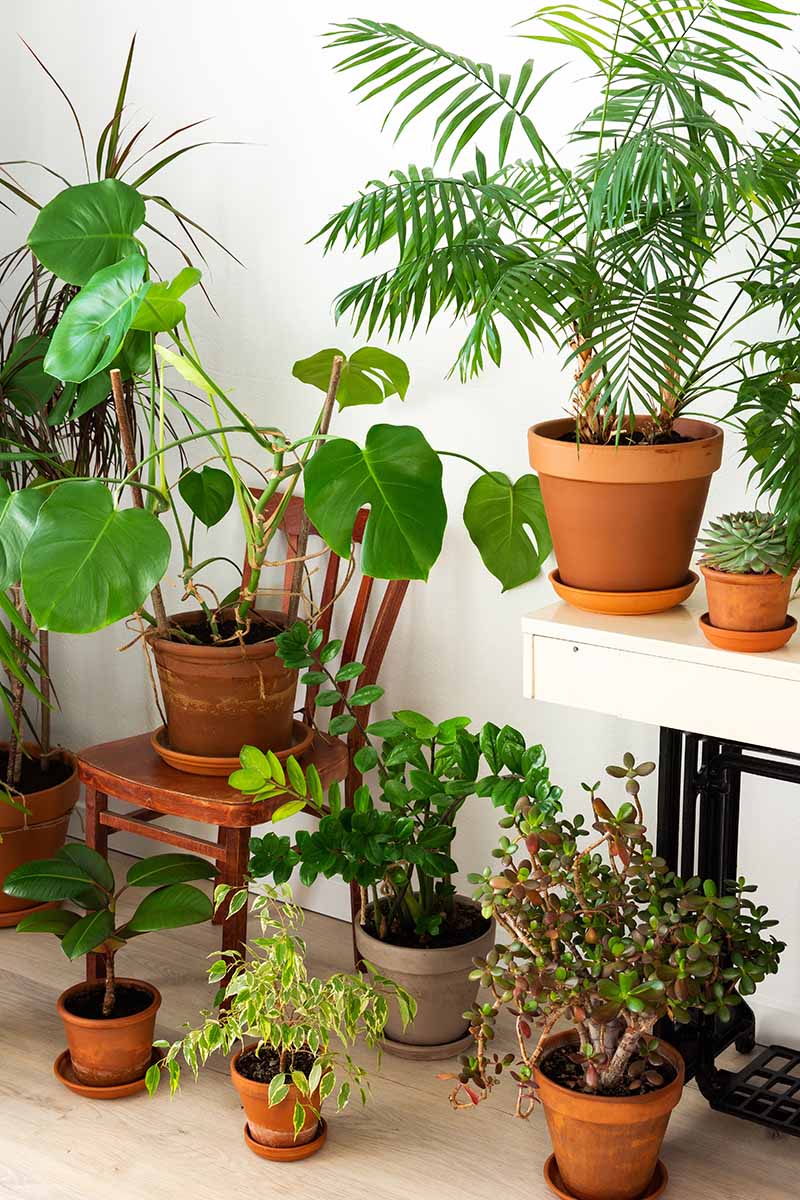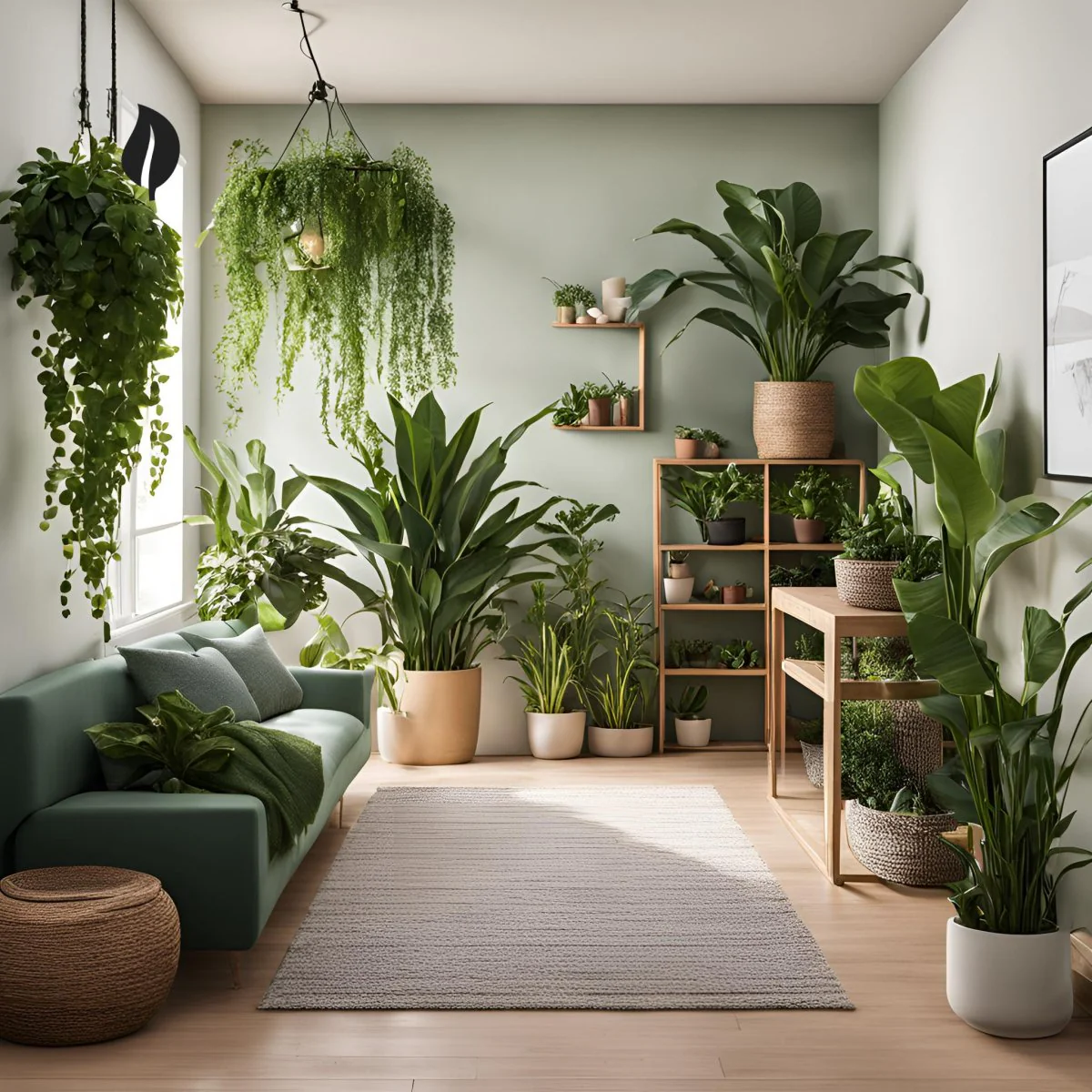Low Maintenance and Beautiful: Best Low-Light Indoor Plants for Your Home
Low Maintenance and Beautiful: Best Low-Light Indoor Plants for Your Home
Blog Article
Transform Your Home With Beautiful Low-Light Indoor Plants and Their Benefits
Incorporating low-light interior plants into your home can considerably boost both the environmental and aesthetic top quality of your living areas. These plants, which grow in dark problems, serve not just as attractive aspects but additionally as natural air purifiers, making them optimal for city dwellers or those with minimal sunlight exposure. As we discover the various kinds of low-light plants and their advantages, you may locate unusual means to incorporate them right into your home that can change your environments in methods you may not have actually prepared for.
Advantages of Low-Light Plants
Low-light plants use various benefits for indoor environments, making them an outstanding choice for both beginner and seasoned garden enthusiasts. One of the main benefits is their adaptability to low-light conditions, allowing people to boost their living areas without the need for comprehensive sunshine exposure. This characteristic makes them excellent for homes, workplaces, and various other locations with minimal all-natural light.

In addition, integrating low-light plants right into home décor can boost the aesthetic charm of a space. Their rich foliage and differed structures produce a relaxing ambience, adding to general wellness. The presence of greenery has actually been connected to lowered stress and anxiety degrees and enhanced efficiency, making low-light plants a functional option for improving both physical and psychological health and wellness in indoor setups.
Top Low-Light Indoor Plants
While numerous interior plants prosper in brilliant light, numerous varieties are especially appropriate for low-light conditions, making them optimal for different interior rooms. One popular selection is the Snake Plant (Sansevieria), recognized for its striking upright fallen leaves and durability, needing minimal care. One more exceptional option is the Pothos (Epipremnum aureum), which features heart-shaped leaves and can trail wonderfully from shelves or wall mounts, growing in reduced light and adding a lavish touch.
The ZZ Plant (Zamioculcas zamiifolia) is celebrated for its shiny fallen leaves and ability to hold up against overlook, making it ideal for busy way of livings. The Peace Lily (Spathiphyllum) not just tolerates reduced light but also produces spectacular white blossoms, boosting any room's visual.
For a distinct touch, consider the Cast Iron Plant (Aspidistra elatior), which certainly lives up to its name, growing in the darkest edges of your home. The Chinese Evergreen (Aglaonema) provides a range of leaf patterns and colors while being extremely forgiving in low-light problems. These plants not only enhance indoor environments however also contribute to air filtration, improving your space.
Care Tips for Low-Light Plants

Sprinkling techniques are important; these plants typically favor a little dry conditions. Overwatering can lead to root rot, so guarantee that the top inch of dirt is completely dry prior to watering once more. Usage pots with drain openings to permit excess dampness to leave.
Moisture is another essential variable. Many low-light plants, such as brushes and peace lilies, take advantage of higher moisture levels. To enhance moisture, think about misting the leaves or placing a tray of water near the plants.
Fertilizing needs to be approached with caution. During the growing period, use a weakened, well balanced fluid plant food every month to support growth, however stay clear of feeding throughout the inactive winter months.

Imaginative Ways to Display Plants
Interior plants can act as captivating centerpieces in any type of area, improving both visual allure and setting. Imaginative displays can elevate the visual impact of low-light plants, making them an essential part of your home decor. One effective method is to use tiered plant stands, which allow you to showcase numerous plants at differing elevations while maximizing flooring area.
Hanging planters are an additional cutting-edge choice, producing a sense of deepness and attracting the eye upward. Consider macramé hangers or wall-mounted shelves to introduce a distinct texture and design.
For an extra organized approach, usage geometric terrariums or glass containers to house your plants, including a modern touch to your interior yard. You can also repurpose classic products, such as teacups or wooden cages, for a diverse screen that reflects your individuality.
Enhancing Home Atmosphere With Plants
Integrating low-light plants right into your home not only boosts aesthetic appeal however also adds considerably to the overall setting. These plants act as all-natural decor aspects, presenting a sense of serenity that can transform any type of space. The presence of greenery fosters a soothing atmosphere, which is especially advantageous in high-stress settings such as home offices or living rooms.
Low-light plants, such as snake plants, pothos, and ZZ plants, are not only aesthetically pleasing however also enhance interior air quality by filtering toxins. This dual function boosts the ambiance additionally, developing a healthier home (Best low-light indoor plants). The strategic visit placement of these plants can additionally influence the understanding of area; as an example, high plants can draw the eye up, making ceilings show up higher and areas much more large
Moreover, varying structures and shades of vegetation include depth to interior decoration, enabling for imaginative expression in home designing. Whether positioned on racks, in corners, or as centerpieces, low-light plants can raise the state of mind of any kind of room. In recap, including these plants right into your home is an effective way to foster a warm, inviting atmosphere while reaping the benefits of improved air high quality and visual adaptability.
Final Thought
Integrating low-light indoor plants right into home atmospheres offers countless advantages, consisting of boosted visual appeal and improved air high quality. These resistant plants, such as the Snake Plant and Peace Lily, call for very little light and maintenance, making them appropriate for diverse way of livings.
While many interior plants flourish in bright light, a number of species are especially well-suited for low-light problems, making them perfect for various interior spaces. One efficient approach is to utilize tiered plant stands, which permit you to showcase several plants at varying elevations while optimizing floor area.
Low-light plants, such as serpent plants, pothos, and ZZ plants, are not only visually pleasing yet also boost interior air high quality by filtering visit this website system pollutants. Best low-light indoor plants. The critical placement of these plants can also influence the assumption of space; about his for instance, high plants can attract the eye upward, making ceilings appear higher and areas much more large
These resistant plants, such as the Snake Plant and Peace Lily, need very little light and upkeep, making them ideal for diverse way of lives.
Report this page